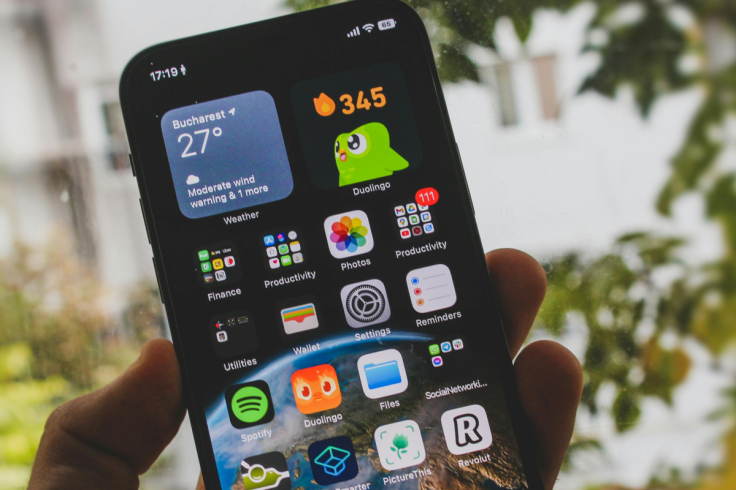
Duolingo has posted another blowout quarter, but the story behind the numbers reveals more than just growth. The world's most downloaded education app is betting big on what it calls an 'AI-first' strategy, reshaping how it builds courses, engages learners, and competes in the crowded edtech market.
AI at the Heart of the Business
The Pittsburgh-based company reported second-quarter revenue of $252.3 million (£197.9m), up 41% year-on-year, while net income jumped to $44.8 million (£35.1m). Earnings per share came in at $0.91, far above analyst expectations of $0.58. Subscription revenue climbed 46%, daily active users hit a record 34.9 million, and monthly active users rose 40% to 97.4 million.
Co-founder and CEO Luis von Ahn credited the growth to AI-driven personalisation, which he says keeps learners engaged for longer and boosts retention. Duolingo has also rolled out maths and music courses, signalling its ambition to expand beyond language learning.
Scaling Faster, Spending Less
According to Reuters, AI has enabled Duolingo to speed up course creation dramatically, reducing reliance on human contractors for certain content tasks and cutting costs. While efficient, this shift has sparked debate in education and localisation sectors over potential impacts on quality and cultural accuracy.
Quality Concerns from Users
Despite the strong results, some long-time users have voiced concerns about awkward translations and less nuanced lessons, particularly in smaller language programmes. In a Business Insider interview, von Ahn acknowledged the challenge of balancing rapid innovation with learner trust, noting the company had dialled back some of its more provocative social media tactics after community feedback.
Beyond Languages
Diversification is central to Duolingo's strategy. Alongside maths and music, the company is exploring chess and other skills, applying the same gamified, AI-personalised approach that helped it dominate language learning. These moves aim to capture a bigger share of the global education market and reduce reliance on language courses for growth.
Wall Street's Reaction and the GPT-5 Effect
Shares in Duolingo, which trade on the Nasdaq under the ticker DUOL, soared as much as 36% in early trading on Thursday 7 August after the results were released — the biggest intraday jump since May 2022. By late morning, its market value had swelled by more than $2 billion (£1.57bn).
However, the stock pulled back in the afternoon, coinciding with OpenAI's demonstration of GPT-5, which some investors viewed as a potential competitive threat to Duolingo's AI-driven model. The shares later recovered part of the losses, closing up nearly 29% for the day.
A Company Built on AI — But Not Only AI
Founded in 2011 by von Ahn and Severin Hacker, Duolingo has maintained a lead over rivals such as Babbel and Rosetta Stone by integrating AI deeply into its learning experience. Von Ahn insists that while AI remains central, success will also depend on elements large language models cannot easily replicate, including community features, gamified design, and carefully curated educational content.
Buoyed by the quarter's performance, Duolingo raised its 2025 revenue forecast to $1.01–$1.02 billion (£0.79–£0.80bn), up from $990 million (£778.5m) to $1.01 billion (£794.6m). The company reaffirmed plans to keep investing in AI capabilities while safeguarding the 'human touch' that has helped make it the most downloaded education app in the world.
The Balancing Act Ahead
Duolingo's AI-powered surge offers a clear competitive edge — faster course launches, richer personalisation, and record-breaking user growth. Yet it raises a critical question: can the platform keep scaling without eroding the quality and cultural depth that long-time learners expect?
The coming quarters will show whether von Ahn's balancing act can hold. If successful, Duolingo could become not only a case study in AI-driven business growth but also a blueprint for how technology and education can evolve together. If not, it risks losing the trust that propelled it from a start-up app to the world's most popular digital classroom.







